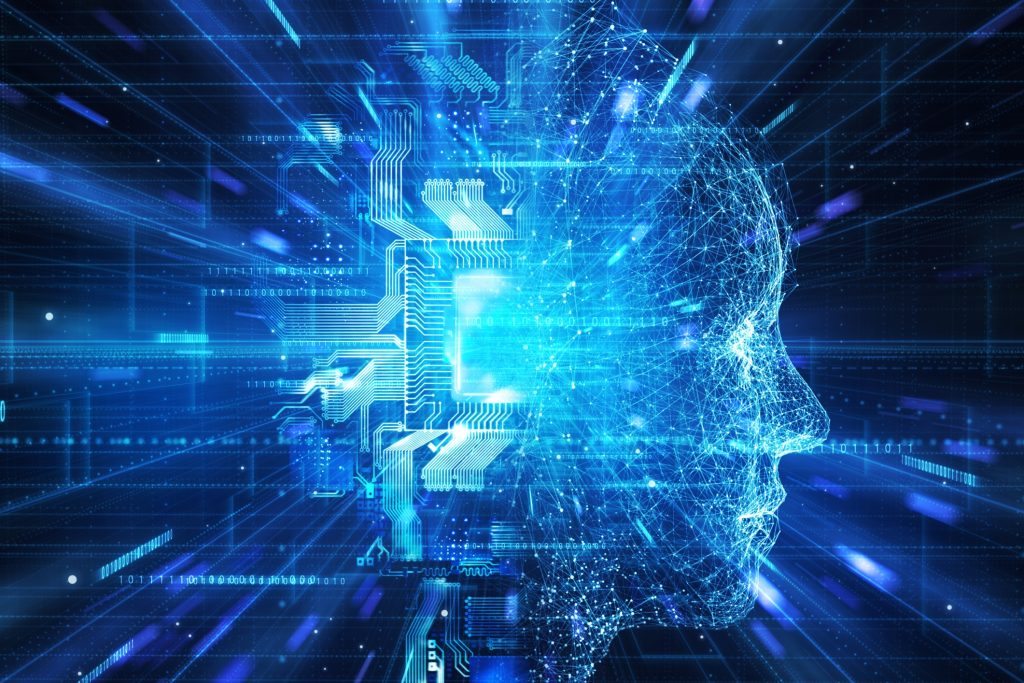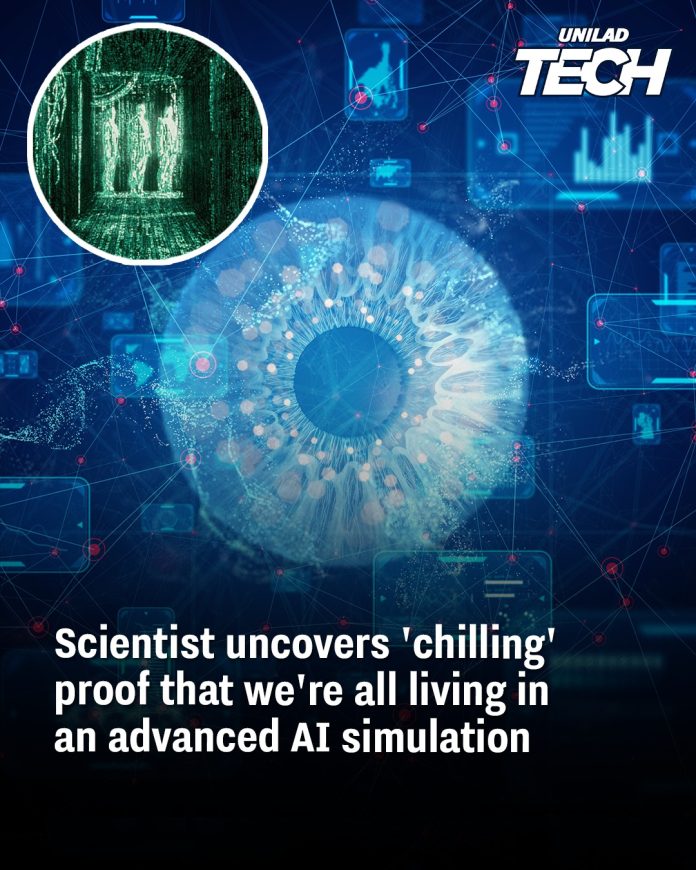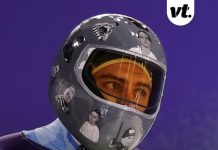In April 2025, physicist Dr. Melvin Vopson from the University of Portsmouth proposed a provocative theory suggesting that our universe might be an advanced artificial intelligence (AI) simulation. Building upon his prior work in information physics, Dr. Vopson’s latest research, published in the journal AIP Advances, posits that gravity could be a mechanism for data compression within this simulated framework.
Gravity as Data Compression
Dr. Vopson theorizes that gravity, traditionally understood as the force attracting objects with mass, may function as a form of data optimization in a simulated universe. He suggests that gravitational pull reduces information entropy, streamlining the computational processes required to simulate complex systems. In this view, the universe behaves similarly to a computer program that organizes and compresses data to operate efficiently.

“The universe evolves in a way that the information content in it is compressed, optimized, and organized—just as computers and computer code do,” Dr. Vopson explained. “Hence, gravity appears to be another process of data compression in a possibly simulated universe”.
The Second Law of Infodynamics
Central to Dr. Vopson’s argument is his formulation of the “Second Law of Infodynamics,” which parallels the second law of thermodynamics. While the latter states that entropy in a closed system tends to increase, Dr. Vopson observes that information entropy in certain systems remains constant or decreases over time. This anomaly suggests the presence of an underlying mechanism—potentially indicative of a simulated reality—that governs information organization and optimization.
Information as a Physical Entity
Expanding on his theory, Dr. Vopson posits that information possesses mass and energy, implying that even elementary particles carry data akin to digital bits. This perspective aligns with the notion that our universe operates like a vast computational system, where physical phenomena emerge from underlying informational processes .
Implications and Reception
If Dr. Vopson’s theory holds, it could revolutionize our understanding of physics, cosmology, and the nature of reality. It suggests that the fundamental forces and particles we observe are manifestations of computational processes within a simulated environment. This perspective challenges traditional scientific paradigms and invites interdisciplinary exploration into the intersections of physics, information theory, and computer science.
While some scientists express skepticism, others find the theory intriguing. The idea that our universe could be a simulation has been previously explored by philosopher Nick Bostrom, who argued that advanced civilizations might run simulations of their ancestors, making it statistically probable that we are living in such a simulation . Dr. Vopson’s work adds a new dimension to this hypothesis by proposing a physical mechanism—gravity—as evidence of our simulated existence.

Future Research and Exploration
Dr. Vopson acknowledges that his theory is speculative and requires further empirical validation. He advocates for additional research to test the predictions of the Second Law of Infodynamics and to explore the physical properties of information. Such investigations could involve experiments in quantum mechanics, thermodynamics, and computational modeling to assess the viability of the simulation hypothesis.
As our technological capabilities advance, the prospect of detecting signs of a simulated reality becomes increasingly plausible. Whether or not we ultimately confirm that our universe is a simulation, exploring this possibility pushes the boundaries of scientific inquiry and deepens our understanding of the cosmos.
In conclusion, Dr. Melvin Vopson’s theory presents a compelling argument that gravity may serve as a form of data compression in a simulated universe. By framing physical phenomena as computational processes, this perspective invites a reevaluation of our understanding of reality and opens new avenues for interdisciplinary research.

















